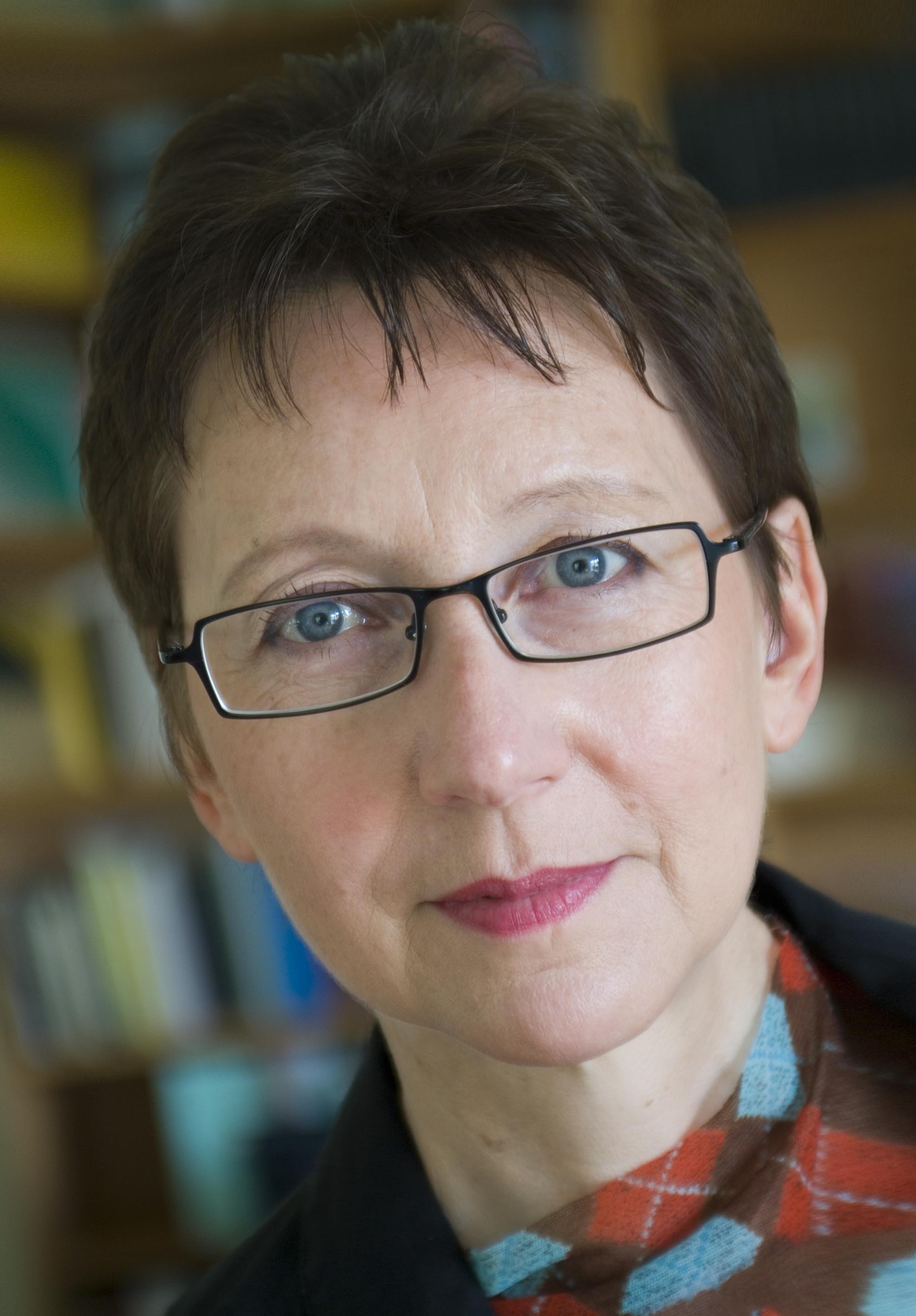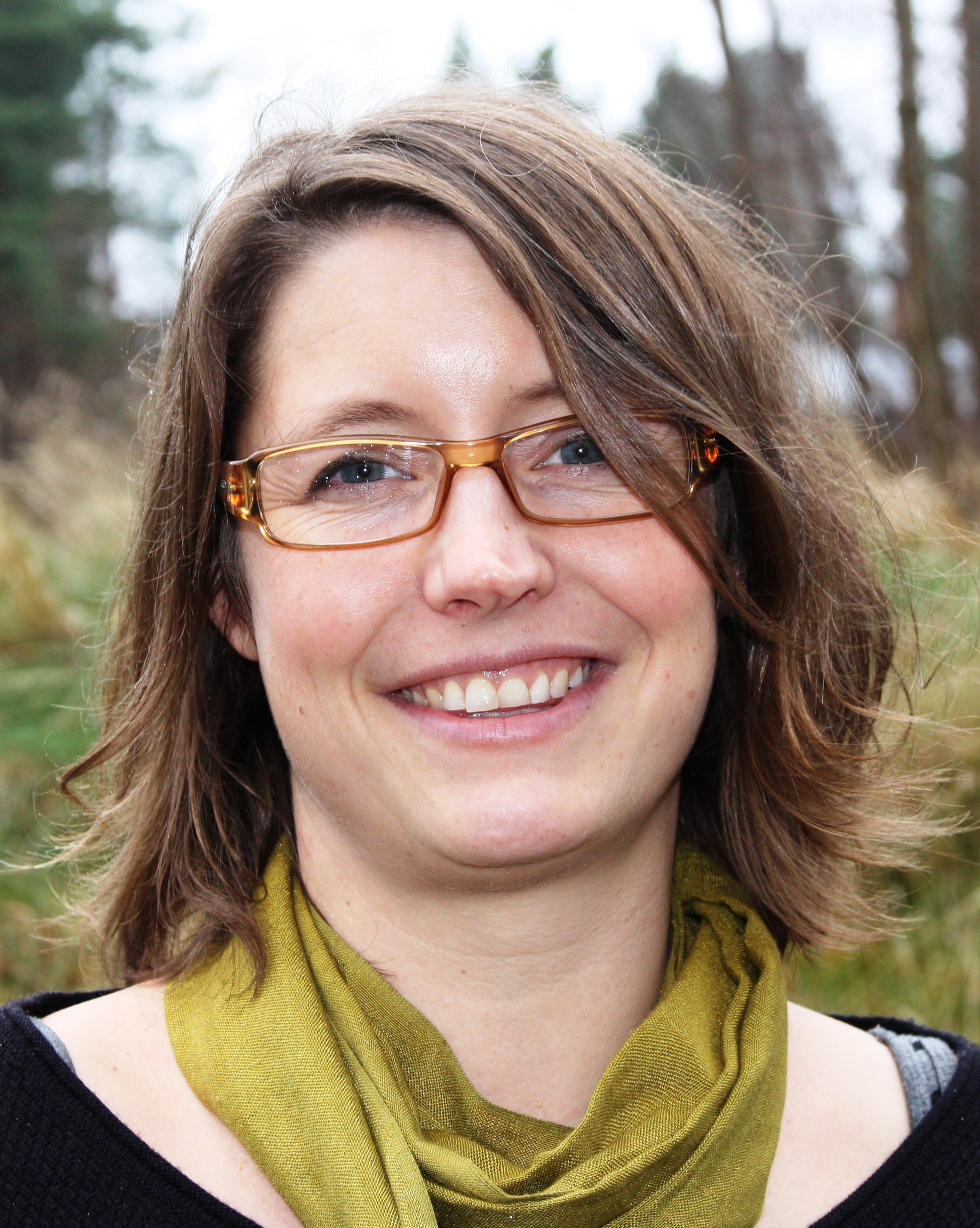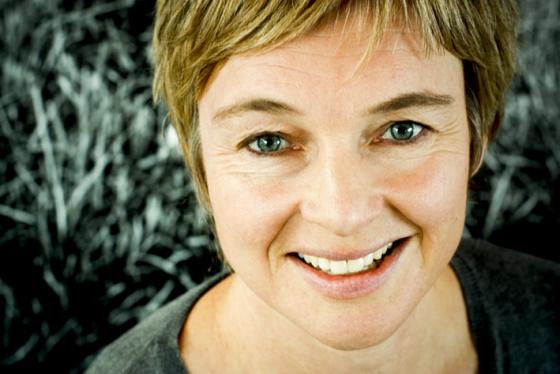Research not family-friendly
If you want to succeed as a researcher, you must not prioritize your family. This is one of the findings in a new Swedish report. In Norway, we are seeing the same trend.
“I’m noticing a rather strong push towards a normalization of the ‘free’ researcher – that is, a researcher who is free from caregiving and family responsibilities,” says Helene Aarseth, a post-doctoral research fellow in the Department of Sociology and Human Geography at the University of Oslo (UiO).
Many others agree with Aarseth.
“European universities are undergoing a transformation. UiO is no exception. An academic career is not conducive to family life,” says Christel Fricke, a professor of philosophy at the Centre for the Study of Mind in Nature at the University of Oslo.
“You are required to work around the clock and dedicate your life to research,” says May-Linda Magnussen, a research fellow at Agder Research who is working on a doctoral thesis on the responsibilities of the breadwinner.
Research comes first
In Sweden there is also widespread agreement among researchers that they are expected to prioritize their jobs at the expense of all other obligations in life.
This comes to light in the report Jamställda fakulteter? (“Gender equal faculties?”) from the University of Gothenburg, where the conditions for women and men in academia have been studied. The interview-based study in the report reveals that employees must adapt their lives to their careers – not the other way around. According to the report, an employee’s willingness to embrace this adaptation is crucial for whether he or she will, and can, continue in a research career.
Research as a business
“Today universities are supposed to be run like a business. They supply society with education and research, and the returns count. Research institutes receive funding according to their production. We must count the students who pass their examinations, count the doctoral theses that are defended, count the articles that are published in peer-reviewed journals, and last but not least, obtain external funding,” says Fricke.
The philosophy professor emphasizes that the new system is less patriarchal and less provincial. Nonetheless, several of the changes are a cause for criticism.
Professor before age 35
“When you first have a permanent position in academia, it’s rather easy to coordinate work and family life compared with many other types of work. This is because you have a lot of freedom to organize your own work day in academia. But young researchers usually begin their careers in temporary positions, such as doctoral or post-doctoral research fellows. Very few philosophers get permanent positions before they are over 30 years old. Internationalization has made academia more competitive. In addition, the financial crisis has also affected the academic labour market. The pressure on young researchers is intense,” says Fricke.

Fricke emphasizes that men’s and women’s physiology is also a source of differences.
“The female life cycle does not allow women to postpone having children until they are well-established in their careers. Men have an advantage in this regard. They can begin their first or second families later in life, at a point in their careers when it’s easier to coordinate work with family responsibilities,” Fricke points out.
Moreover, it appears to be an international trend that academia seeks out younger researchers.
“It seems that ‘professor before age 35’ has become an ideal that is spreading. This is a completely different type of researcher than we have been used to, at least in the humanities and social sciences in a Norwegian context. There is a certain type of researcher that is now being regarded as attractive,” says Helene Aarseth.
Men like competition best
“I’m interested in the processes that results in men achieving more success in the system than women. It may very well be that more men are willing to sacrifice a lot to reach the top. This is also a pattern we are familiar with from the business sector,” says Aarseth.
The Swedish report notes that a competitive environment seems to work in men’s favour. A male research fellow is quoted as saying:
Men are more competitive, and women probably aren’t in the same way. To really want to compete against others, maybe a man is still a man. Maybe women aren’t so interested in that for cultural and biological reasons.
“I find that there are several younger researchers here in southern Norway – women in particular – who aren’t giving in to these new requirements. They don’t want to dedicate their entire lives to research. But if you say that you don’t want to work around the clock, you’ll pay the price,” says Magnussen.
Nerdy scientists
According to the report, some respondents see similarities between real-life, successful researchers and the caricature of the nerdy scientist – that is, the researcher who is brilliant and exacting in his or her professional life, but confused and chaotic otherwise.
The respondents describe the ideal researcher as a goal-oriented, competitive, persevering individual who puts his or her own scientific advancements ahead of everything else. Most believe it is younger researchers who have these qualities, and many of those interviewed said this ideal is an obstacle in family life.
Children to excess
However, family life is not only reserved for women.
“What kind of men are researchers in Norway?”
“Here in the Department of Sociology, very many of the research fellows are currently men. They are very talented people, but they produce children to excess. They stay home on parental leave and they pick up their children from day-care at four o’clock. This is the new type of male academic in a Norwegian context. They have partners who also have careers, and it goes without saying that they are involved fathers. This is not only an issue of female versus male researchers, but of the Nordic model as well,” says Aarseth.
“We have developed a society where it is possible for both men and women to shoulder family responsibilities. This type of society has very many advantages, and it should not be discarded in the encounter with international norms,” emphasizes the sociologist.
“It may even be that this ‘mixed blessing’ model creates equally as good researchers and equally as good social research in the long run. But of course this would be difficult to measure. It’s easier to count researchers’ publications before they turn 35,” she says.
Researcher seeks housewife
The Swedish report also reveals that men with children are perceived differently than women with children. The report states that the parental role for women is thought to be so overwhelming that it negatively affects their commitment to work. A father on parental leave, however, is seen as developing to new areas of expertise. Men who pick up their children from day-care are viewed in a positive light. For him, the child is an achievement. For her, the child is an obstacle to her career.
However, more fathers emphasize the challenges related to combining a research career with children and family, and they express frustration over the situation. A male doctoral research fellow is quoted in the report as saying:
Sometimes it feels like the research world is supposed to be your ONLY world. It feels like you need to have a housewife to make your post-doc position, family life and career fit together.

“If you still want to work so much, in addition to having a family, then you are totally dependent on a back-up system,” confirms the Agder researcher, May-Linda Magnussen, who has four children with an engineer.
“Some of the female academics I know have partners who are also academics. I see that they struggle with making their daily lives run smoothly. I notice that among researcher couples it’s often the woman who tries to work as little as possible beyond normal work hours. Then a distinction gets drawn between those who don’t want to spend their entire lives on research and those who do. Gender is one dimension of this,” emphasizes Magnussen.
Low salary, no leave
“But isn’t it possible to hire someone to do the housekeeping?”
“In academia two salaries are not enough to cover a full salary, room and board for a nanny,” says Fricke, and continues:
“In addition, periods of parental leave disrupt a person’s research, and an extra effort is needed to regain the ground lost during the leave. Young people in academia are not only researchers and lecturers – which they get paid for. They are also building their careers. Then you can’t take leave so easily without it having consequences for your future success,” says Fricke.
Feminist researchers just as bad
Researchers in fields that should support prioritizing family and children can also be surprisingly obstinate. Aarseth tells about her international colleagues who have a background in feminist theory and a strong preference for the Nordic welfare model.
“When you meet them and work with them, you discover that they find it problematic that you actually give your children priority over them. They are critical in principle to the system they themselves are a part of, but they are socialized into it,” says Aarseth.
“Internationalization comes from countries that have less gender equality. The same tendency can be seen in the business sector, where I have conducted many interviews here in southern Norway. Several of my respondents work for companies owned by Americans, and they have totally different requirements about being present on the job,” says Magnussen.
Not attractive as husbands
The Swedish report develops this problem into a theme by exploring the requirement to conduct research abroad. A male research fellow is quoted as saying:
Yes, I’m thinking about having children with my partner, and in that case it’s a good reason not to continue in academia. You have to be mobile, be able to move and do a post-doc abroad.
The report reveals that 38 percent of the men and 19 percent of the women at the Faculty of Science had completed a post-doctoral position at a foreign institution. The research fellows shared the view that spending time as a post-doctoral researcher abroad was a prerequisite for continuing their careers at the faculty.
The report also reveals that several senior-level colleagues had gender-biased beliefs about different terms and conditions for women and men. Citing women’s family responsibilities, they thought it is less likely that women would acquire academic qualifications by conducting a research stay abroad. Men, on the other hand, were seen as a group that can combine working life and children. In this way, men come closer to fulfilling the criteria of the model researcher.
According to Fricke, it is not necessarily so easy for men in Norwegian academia.
“Two of my male colleagues mentioned something about this. One of them said: ‘Children take away time from research, and partners make you less mobile. I have both, so what are my career opportunities?’ The other one said: ‘My partner has a job here in Oslo. She earns more than me. I’ve got a job offer from abroad, but I don’t think my partner will come with me there since she can’t find a suitable job. I’m afraid that young men who pursue an academic career don’t make particularly attractive partners’.”
Disconnected employee
“The overwhelmingly positive side of internationalization in research is that the scientific dialogue is expanded and intensified. But internationalization also entails the free movement of people, goods, services and capital,” says Aarseth, and continues:
“It seems that many in the research system enthusiastically embrace this free flow, often with the attitude: Yes, we need broader perspectives. But it’s not a given that the one automatically follows the other,” notes Aarseth.
“If I think about this in sociological terms, I can see that market-driven liberalism risks cultivating the disconnected employee – that is, an academic response to a global business habitus, an employee without affiliation or ties to place, family and other close relations. Such a global habitus might be advantageous for innovation, technology and business, but are we certain that the same applies to the social sciences and humanities?” asks Aarseth.
Translated by Connie Stultz
The report Jämställda fakulteter? (“Gender equal faculties?”) is divided into two parts. The first part is a quantitative overview of the gender distribution at two faculties: the Faculty of Science and the Faculty of Education. The second part is a qualitative interview-based study of gender equality and norms at the Faculty of Science. The report has been funded by the Delegation for Gender Equality in Higher Education.
See
Helene Aarseth is a post-doctoral research fellow in the Department of Sociology and Human Geography, and Christel Fricke is a professor at the Centre for the Study of Mind in Nature, both at the University of Oslo. May-Linda Magnussen is a researcher/research fellow at Agder Research.
